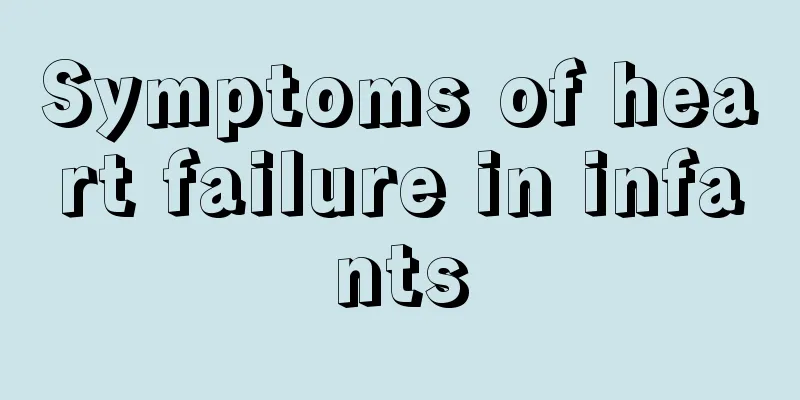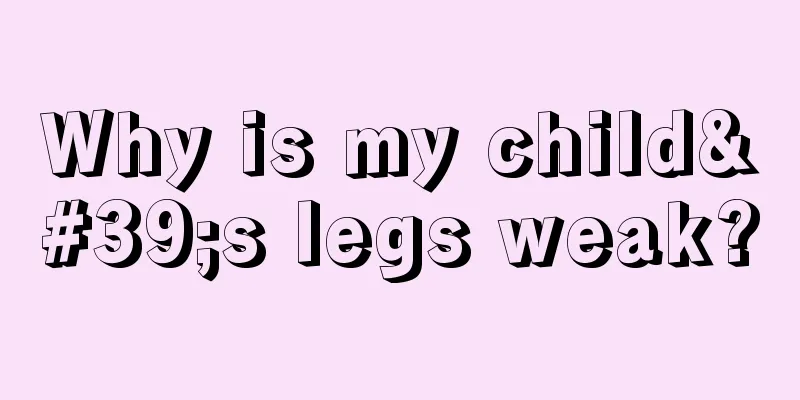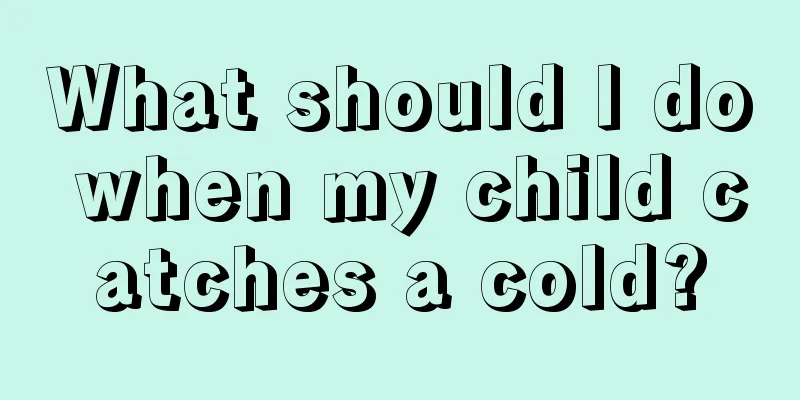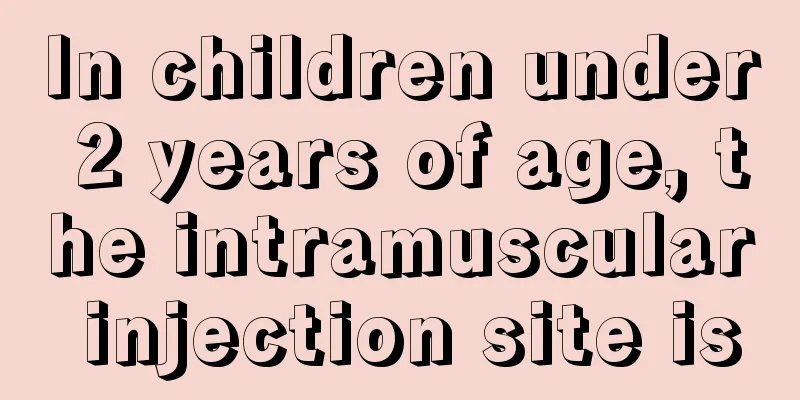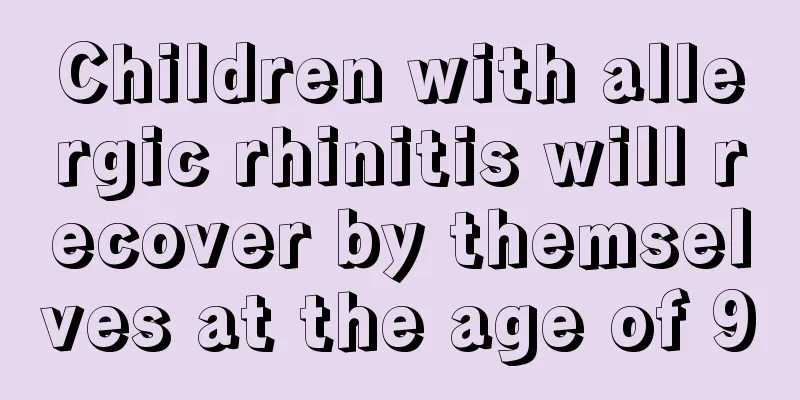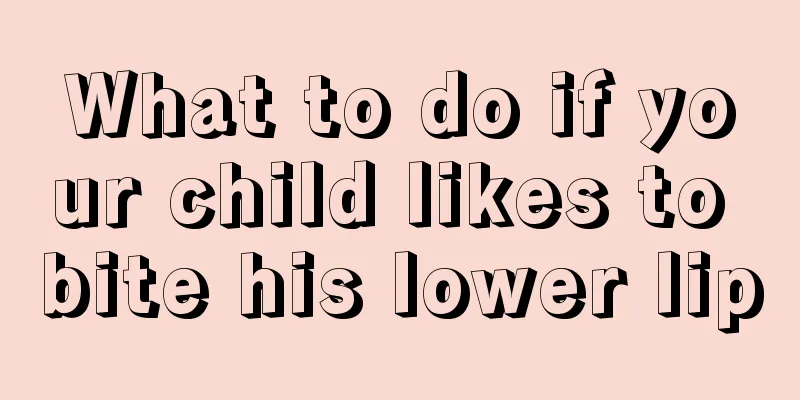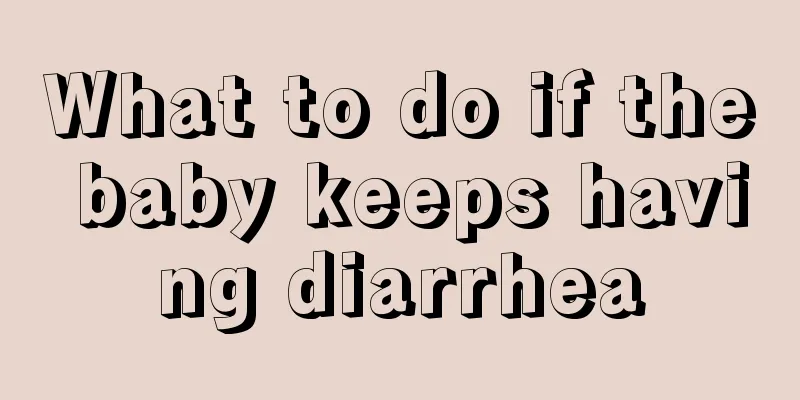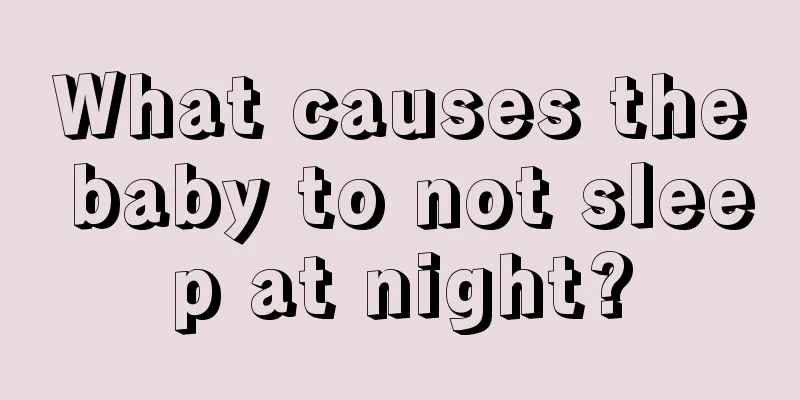What to do if your child has a concussion
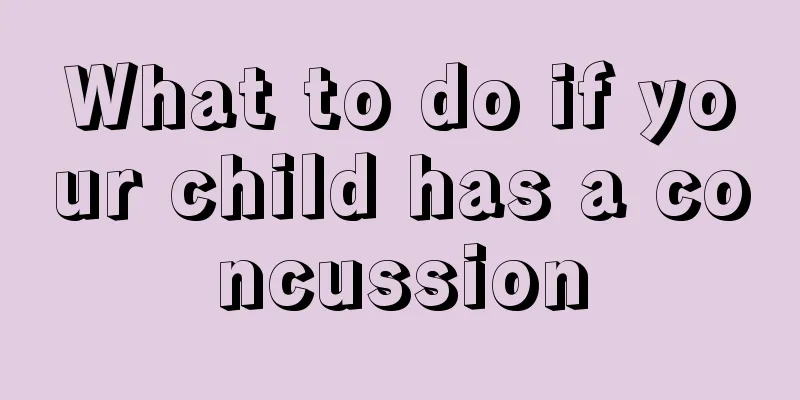
|
Children with a concussion may lose consciousness or have problems with vision, memory, or balance. That sounds scary. In fact, the main manifestation of concussion is loss of consciousness, which is generally mild and short-lived, rarely lasting more than half an hour. So what are the symptoms of concussion in babies? How to treat concussion? Concussion is the mildest form of closed head injury. It can occur alone or in combination with other brain injuries such as cerebral contusion or intracranial hematoma. In addition, concussion patients often complain of headaches, dizziness, nausea, and vomiting after waking up, but these symptoms are generally mild and will not cause the injured to become restless. Concussions can heal on their own. You should pay attention to changes in your condition within a few days after the injury. Generally, bed rest for about 10 days is sufficient. You can also choose some sedatives and analgesics to relieve symptoms such as headaches and dizziness. For children who cannot speak, the main symptoms are nausea, vomiting, crying and restlessness, and some children may have fever symptoms. When should you call 120 for emergency help after your baby has a concussion? If your baby hits his head, starts breathing irregularly, has a seizure, or passes out, call 911 immediately. Do not move him unless he is in danger of being more seriously injured. If he is not breathing, give him CPR, and if he is bleeding, cover him with a clean cloth and apply pressure. When should a baby go to the hospital after a concussion? It is very common for babies to fall and hit their heads. In most cases, you don’t have to worry! However, if your baby becomes unconscious, go to the emergency room. Sometimes, even a small impact can cause brain damage. Also take your baby to the hospital right away if he or she shows any of the following symptoms within a day or two of hitting his or her head: You have persistent headaches, dizziness, or vomiting. It's normal to have a headache relieved after taking acetaminophen or to vomit for a while after a fall, but these should not persist. Seemingly unusually sleepy during the day or difficult to wake up at night. Wake your baby up a few times during the first night after a fall to make sure you can wake him. Problems with coordination, mental ability, or strength, such as arm or leg weakness, slurred speech, confusion, or impaired vision. How can I prevent a concussion in my baby? Try to watch out for risky behaviors, like running on wet concrete near a swimming pool. Make sure the play structures he plays on have sand, rubber mats, or wood chips around them. Every time he rides in a car, make sure he sits in a properly installed child car seat and fastens his seat belt. In addition, continue to pay attention to the safety protection of your baby at home, and all arrangements should be suitable for the baby's age. The editor suggests that if a concussion occurs again before the symptoms of the previous concussion disappear, it will be dangerous, with a higher risk of brain damage or even death. So if your baby really has a concussion and has lost consciousness, the doctor will probably advise you not to let him play too wildly for two to three weeks. |
<<: What's going on with the lumps on both sides of my child's neck?
>>: What to do if your child has an asthma relapse
Recommend
What should children eat after being sick to be good for their health?
As long as the child is sick, the adults in the f...
Can sinusitis in children be cured?
Due to the immature development of children's...
How to treat tooth decay in children?
Many children like to eat sweet foods, especially...
What should I pay attention to during my baby's physical examination?
A common phenomenon nowadays is early birth and e...
What is the treatment for diarrhea in babies?
Autumn is coming soon. As the weather turns coole...
Can newborn babies be photographed?
Many parents often take photos of their children ...
Baby coughs while sleeping
It is a very dry time now. Because every househol...
The baby has a red spot on his arm and it is hard
Parents with children will be very concerned abou...
What is the diet for a one year and five month old baby?
When choosing baby food, you must first understan...
6 Ways to Prevent Children's Teeth from Growing Crooked
Whether teeth are neat and beautiful affects pers...
Why do children have thick tongue coating?
Children's health is the most important issue...
How to teach children to bend down
Bending back is a basic movement in dance and it ...
What to do if your child has a headache
With the popularity of mobile phones, almost ever...
Hand, foot and mouth disease ev71 positive
If you are sure that your baby has hand, foot and...
What is the cause of the baby's startle?
The arrival of a baby often brings a lot of happi...
